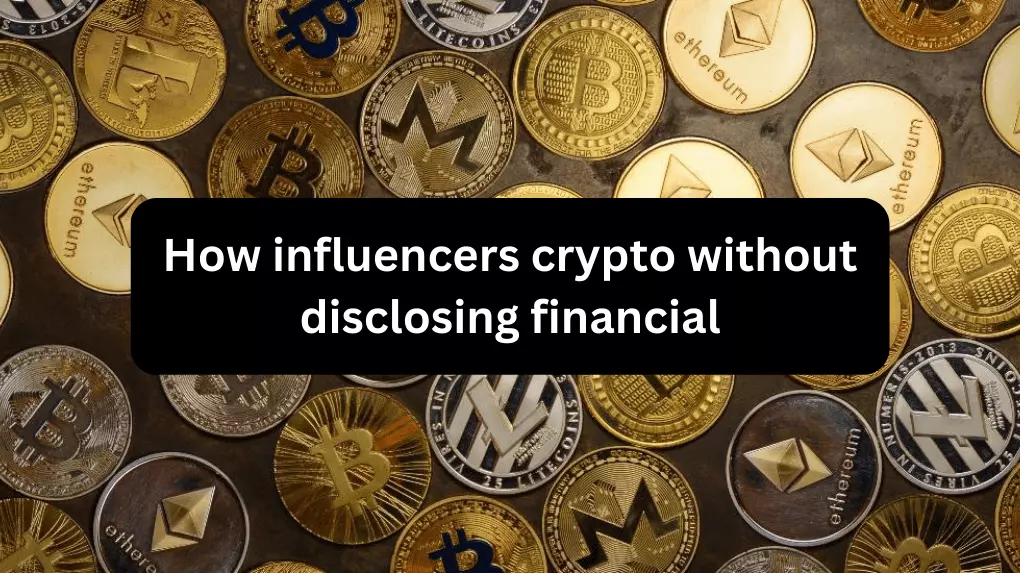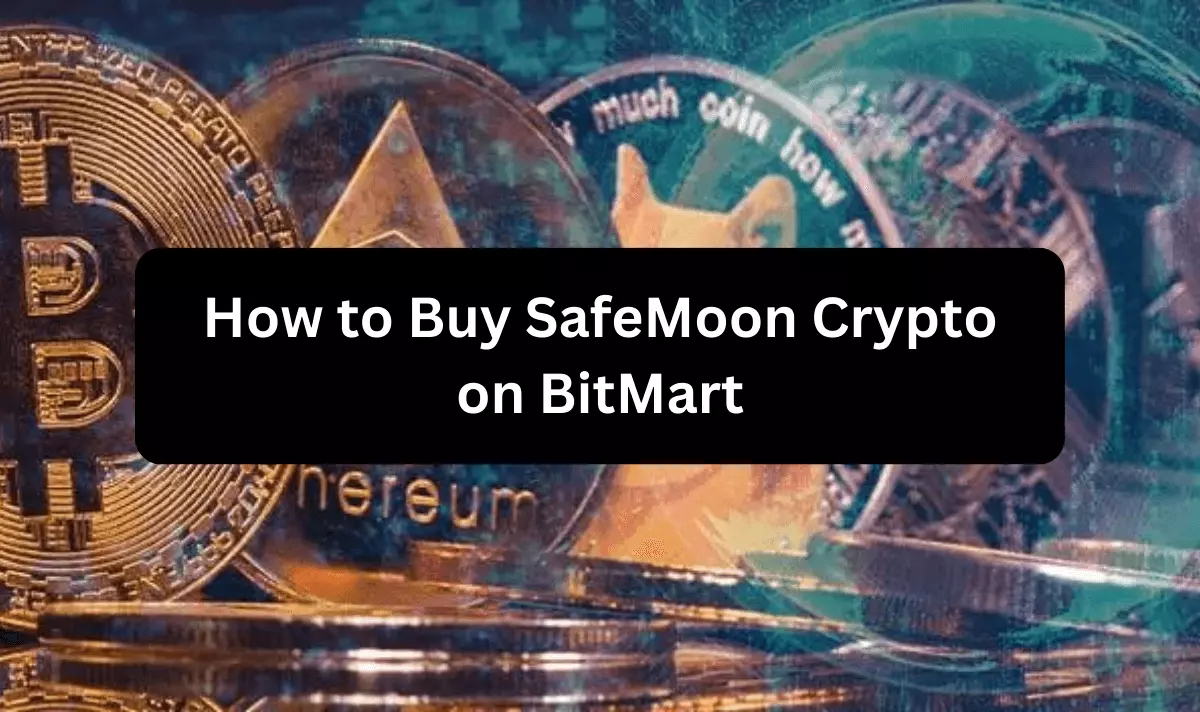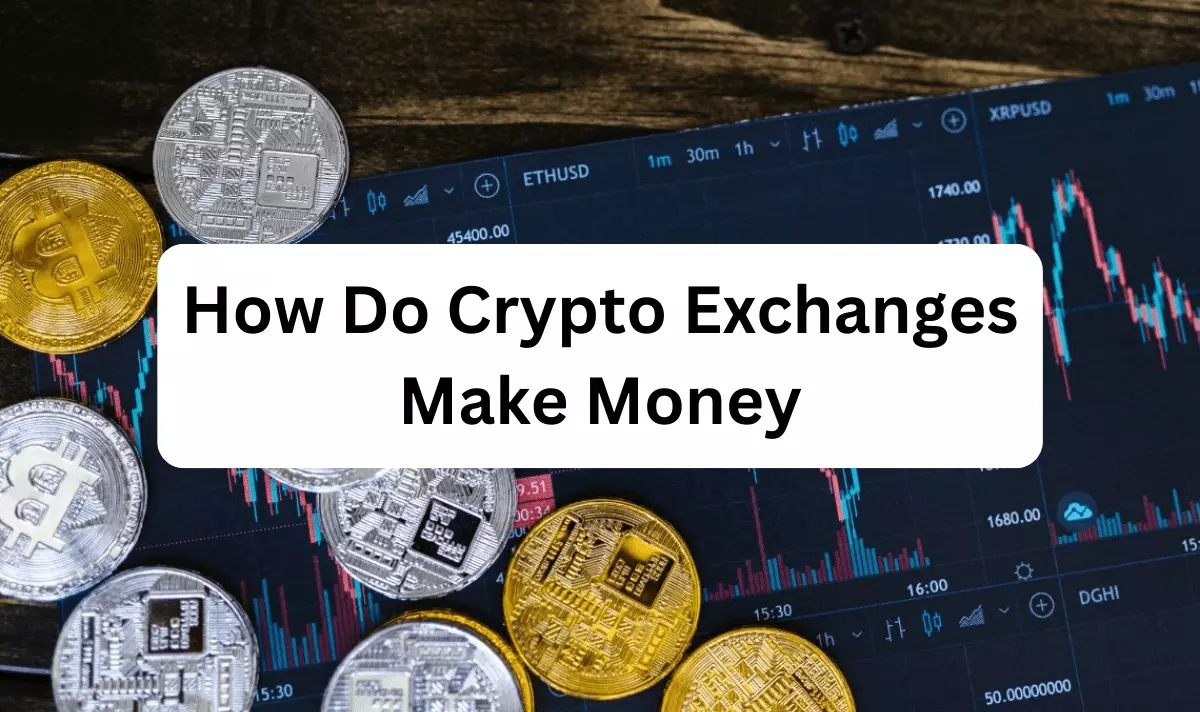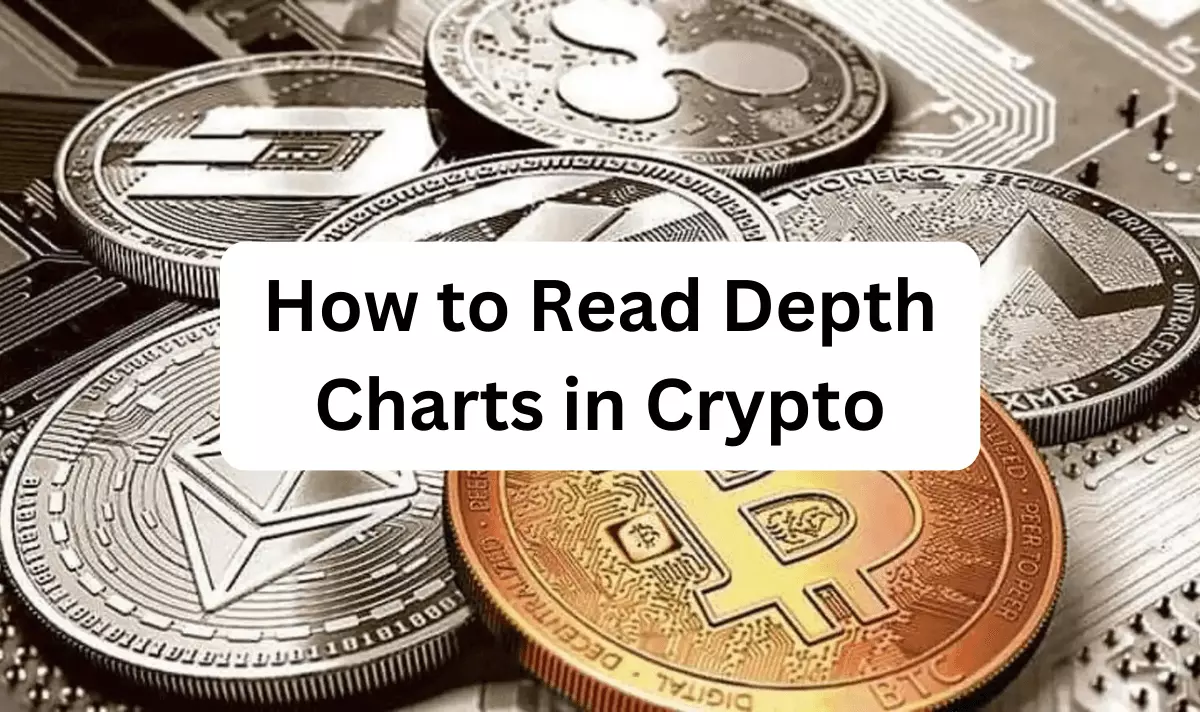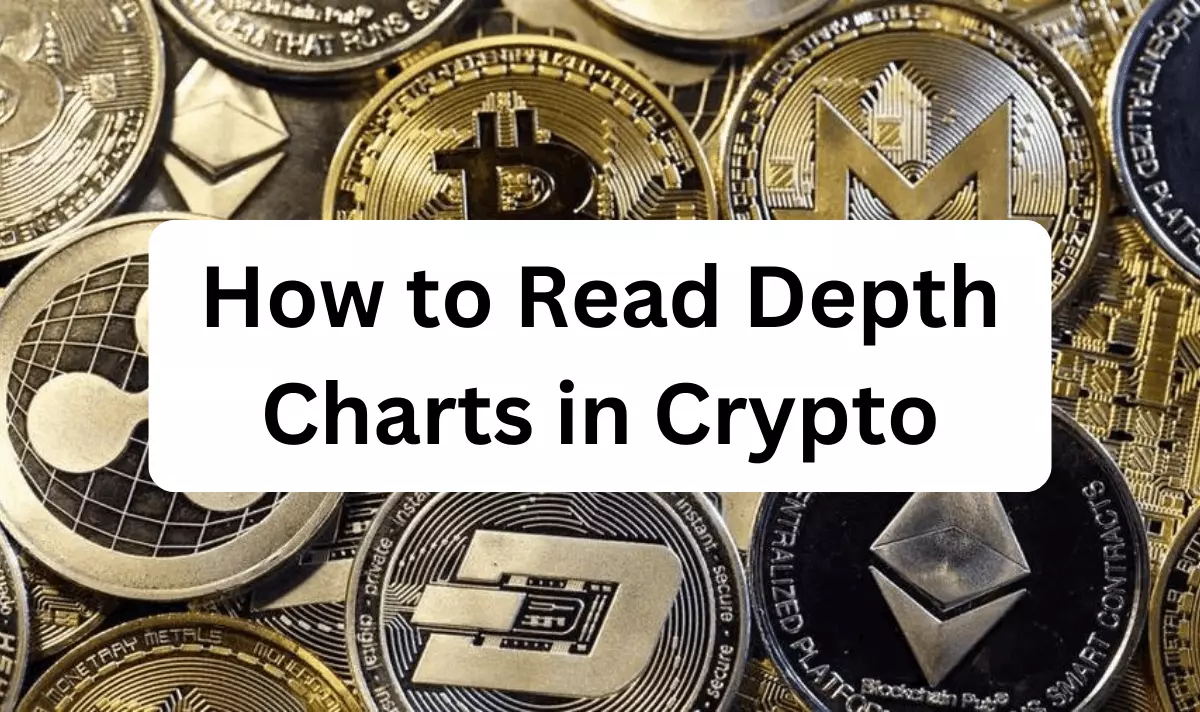The cryptocurrency space offers tremendous opportunities, but it also demands a high level of responsibility when it comes to securing your digital assets. Your choice of a Bitcoin wallet is one of the foundational decisions you’ll make in this journey. In this guide, we will help you navigate the complex world of Bitcoin wallets and highlight the best options available, ensuring that your investments remain safe and accessible.
Before we move ahead, let us quickly understand the different types of Bitcoin wallets that are available. It is necessary to have this knowledge to start your best Bitcoin wallet selection journey.
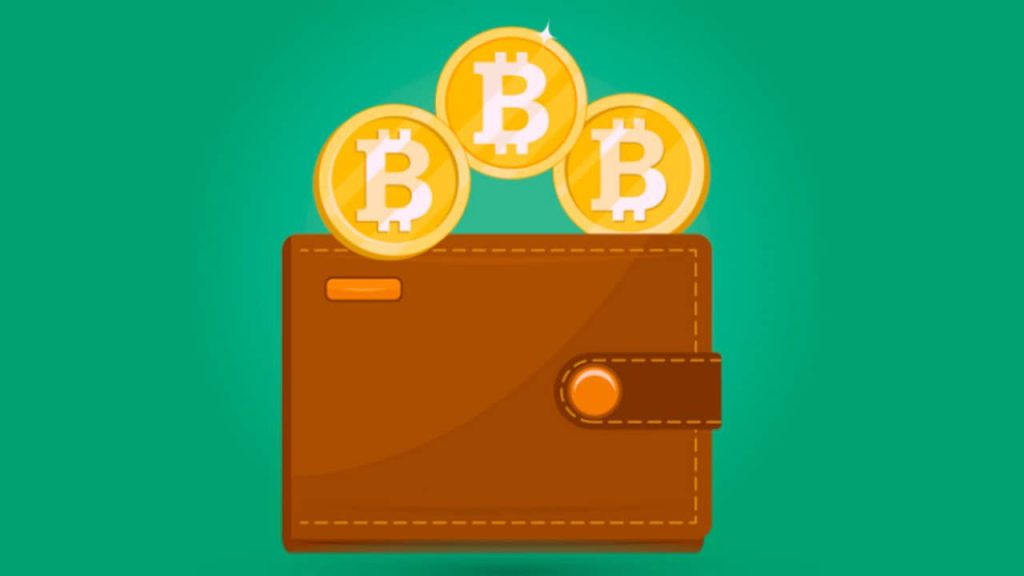
Content
Types of Bitcoin Wallets
A. Overview of Different Wallet Types
1. Hardware Wallets
Hardware wallets are physical devices that provide a high level of security by storing your private keys offline. They are often considered the gold standard for safeguarding cryptocurrency.
2. Software Wallets
Software wallets come in various forms, including desktop, mobile, and web-based applications. They are convenient for regular transactions but may have varying security levels.
3. Mobile Wallets
Mobile wallets are designed for smartphones and offer a balance between accessibility and security. They are suitable for those who need frequent access to their funds.
4. Web Wallets
Web wallets are accessible through web browsers and provide a user-friendly interface. However, they are reliant on the security measures of the hosting platform.
5. Paper Wallets
Paper wallets involve printing your private keys and public addresses on paper. They are secure from online threats but require careful physical storage.
B. Pros and Cons of Each Wallet Type
Hardware Wallets:
Pros: Excellent security, offline storage.
Cons: Initial cost, limited accessibility.
Software Wallets:
Pros: Convenience, various options.
Cons: Security depends on the device and potential vulnerabilities.
Mobile Wallets:
Pros: Accessibility, user-friendly.
Cons: Mobile device security risks.
Web Wallets:
Pros: User-friendly, easy access.
Cons: Security is dependent on the hosting platform.
Paper Wallets:
Pros: High security from online threats.
Cons: Risk of physical damage or loss.
C. Factors to Consider When Choosing a Wallet Type
When selecting a wallet type, consider the following factors:
Security: How important is security to you, and what level of risk are you willing to accept?
Usability and Accessibility: Which devices will you use to access your wallet, and how often?
Cost: Are you comfortable with the initial cost of a hardware wallet or transaction fees?
Community and Support: Are you part of a particular crypto community that recommends certain wallets?
2. Key Criteria for Evaluating Bitcoin Wallets
To identify the best Bitcoin wallets, you need to consider several key criteria:
A. Security
Private Key Control: Understanding who has control over your private keys is crucial for security. Hardware wallets provide maximum control.
Multisignature Support: Multisignature wallets require multiple private keys to authorize transactions, adding an extra layer of security.
Encryption and Authentication Features: Wallets should offer encryption for data protection and robust authentication methods.
B. Usability and Accessibility
User Interface: A wallet’s user interface should be intuitive and easy to navigate.
Supported Platforms: Ensure that the wallet is compatible with your preferred devices and operating systems.
Backup and Recovery Options: Check for options to recover your wallet in case of loss or theft.
C. Cost
Wallet Acquisition Cost: Some wallets are free, while hardware wallets have an initial purchase cost.
Transaction Fees: Consider the transaction fees associated with using the wallet.
D. Community and Support
Developer Community: A strong developer community is a positive sign for wallet reliability and updates.
Customer Support and Documentation: Good customer support and comprehensive documentation are essential for troubleshooting issues.
3. Best Bitcoin Wallets for Crypto Enthusiasts
Now, let’s explore some of the best Bitcoin wallets in each category:
A. Hardware Wallets
1. Ledger Nano X
Overview of features
Security measures
Ease of use
2. Trezor Model T
Overview of features
Security measures
User experience
3. Coldcard Wallet
Advanced security features
User interface
Use cases
B. Software Wallets
1. Electrum
Feature-rich functionality
Security measures
Usability
2. Exodus
User-friendly design
Supported assets
Security overview
3. Armory
Advanced security options
Offline transaction support
Developer features
3. Bitamp
Advanced security options
Open-source, client-side, free Bitcoin wallet
Anonymous and instant
High-end security provided
C. Mobile Wallets
1. Trust Wallet
Mobile convenience
Supported networks
Security features
2. MyEtherWallet (MEW)
Ethereum-focused
Usability on mobile devices
Security considerations
3. Coinomi
Multi-currency support
User-friendly interface
Security enhancements
D. Web Wallets
1. Blockchain.info
Web-based convenience
Security features
Cryptocurrency support
2. Coinbase Wallet
Coinbase integration
User-friendly experience
Security measures
3. Binance Wallet
Binance ecosystem integration
Usability and accessibility
Security practices
E. Paper Wallets
1. Creating a Secure Paper Wallet
Step-by-step guide
Generating keys offline
Printing and storing securely
2. Best Practices for Paper Wallet Storage
Protecting against physical damage
Safeguarding against loss
Periodic checks for balance
Tips for Wallet Security
- Securing your Bitcoin wallet is paramount. Here are essential tips:
- Importance of private key protection
- Creating strong passwords and PINs
- Safeguarding backup and recovery phrases
- Protecting against phishing and social engineering attacks
Final Words
In conclusion, we’ve explored the critical aspects of Bitcoin wallets, from the different types to key evaluation criteria and recommendations for various wallet options. Your choice should align with your specific needs and priorities. As you navigate the ever-evolving cryptocurrency landscape, remember that informed decisions lead to safer and more rewarding experiences.

Michael is a cryptocurrency blogger who writes about the latest developments in blockchain technology. He has been blogging for over 4 years and his posts have been read by people from all around the world. His blog covers a wide range of topics, such as trading advice, new ICOs to invest in, and how blockchains can be used outside of cryptocurrencies. Michael also enjoys writing about more technical aspects of cryptocurrencies and blockchain technology.


